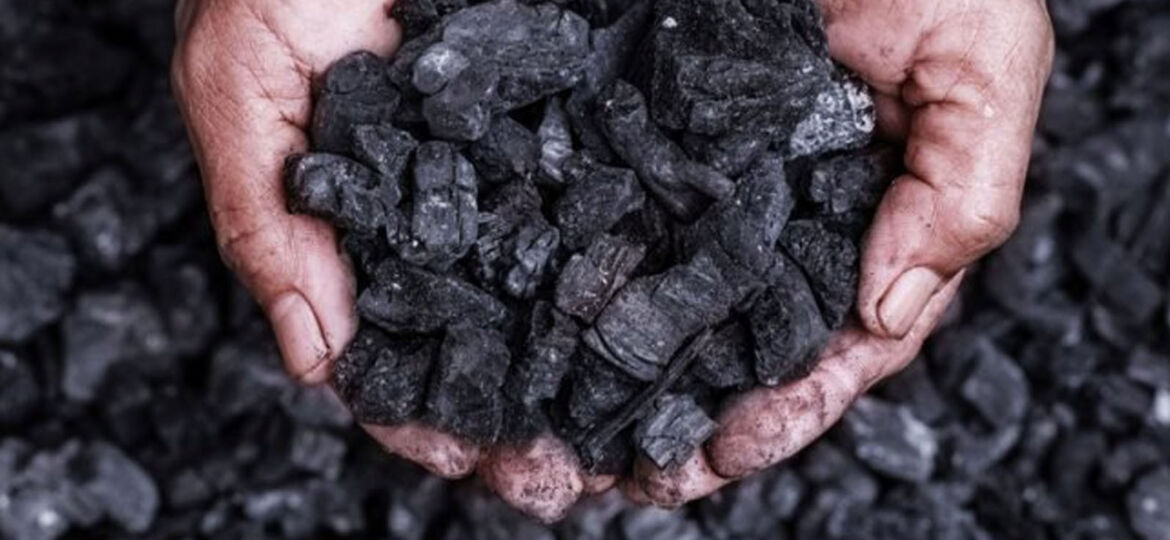
WHY THIS MATTERS IN BRIEF
Climate change is getting harder to solve, and the effects are getting more severe so we need new ways to tackle it.
Scientists from the Melbourne based RMIT University have announced they’ve developed a new technique using “a liquid metal electrolysis method to convert Carbon Dioxide from a gas into solid particles of Carbon.” In other words, they’ve just discovered a way to quickly convert Carbon Dioxide, the gas that’s primarily responsible for global warming, into solid coal, and in doing so handed humanity a new weapon in the fight to arrest climate change.
The team behind the breakthrough, led by RMIT researcher Dr Torben Daeneke, went on to add that “the sustainable solution offers a more viable approach than many of today’s carbon capture and storage systems that compress Carbon Dioxide into a liquid form with the aim of injecting it underground,” approaches, that so far have been shown to have lots of technical and safety issues and are also very expensive. Plus, there are also environmental concerns about eventual leaks from
“While we can’t literally turn back time, turning CO2 back into coal and burying it back in the ground is a bit like rewinding the emissions clock,” said Daeneke. “To date, CO2 has only been converted into a solid at extremely high temperatures, making it industrially unviable,” he added.
During their experiment the team used what they refer to as an Electro-chemical reaction that consisted of a specially designed liquid metal catalyst that converts Carbon Dioxide gas into solid flakes of carbon.
“By using liquid metals as a catalyst, we’ve shown it’s possible to turn the gas back into carbon at room temperature, in a process that’s efficient and scalable,” said Daeneke. “While more research needs to be done, it’s a crucial first step to delivering solid storage of carbon.”
As well as Daeneke’s emphasis on the technique being a breakthrough for the storage of carbon, lead author, Dr Dorna Esrafilzadeh also added the carbon produced by the technique could also be used as an electrode.
“A side-benefit of the process is that the carbon can hold electrical charge, becoming a supercapacitor, so it could potentially be used as a component in future electric vehicles,” she said. “The process also produces synthetic fuel as a by-product, which could also have industrial applications.”
So not just do we now have a way to, as the team say, “turn the clock back,” but ironically we can use the same technology to power our electric vehicles to ensure that the huge reserves of coal we still have stay just where they are – in the ground.

















[…] Researchers at RMIT in Melbourne, Australia, claim they've found a way to turn CO2 into a solid carbon form. Current extraction methods rely on turning the gas into a liquid for storage or reuse, or using high temperatures to cook it back into a solid. The RMIT researchers used a specially designed chemical to trap the carbon into flakes, offering the potential for the method to be commercially viable at scale. Although the carbon could be reused as fuel, the solid has good conductive properties, opening the possibility of using it as a "super capacitor" to power electric vehicles. Read more… […]